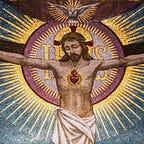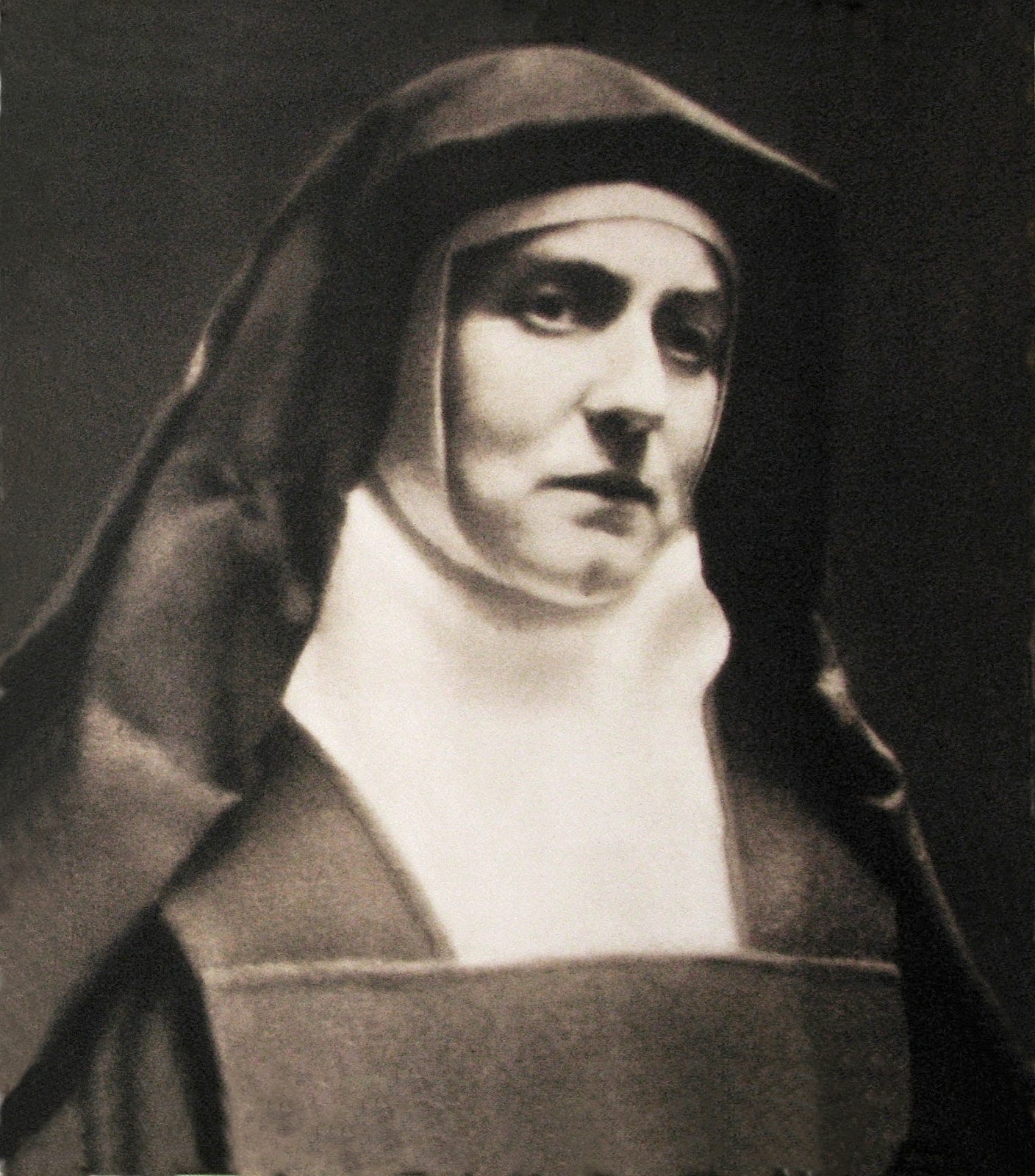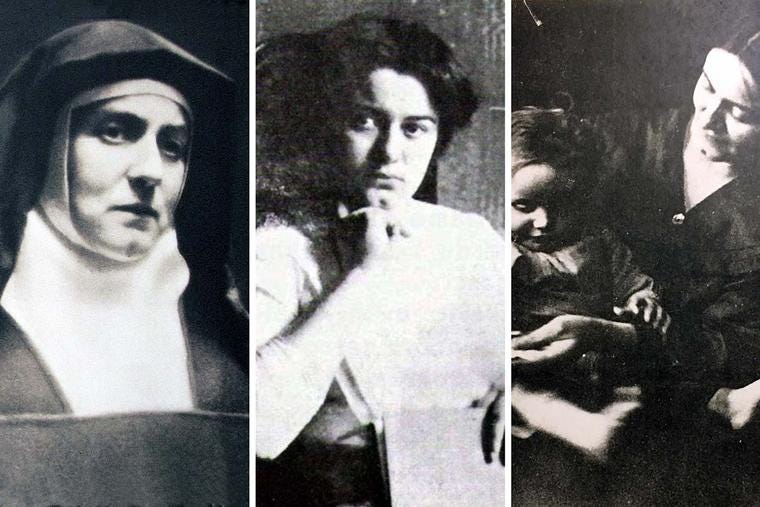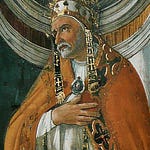The Philosophical Nun and Martyr of Auschwitz
Born on 12 October 1891 in Breslau (now Wrocław, Poland), Edith Stein, later known as Saint Teresa Benedicta of the Cross, emerged as a powerful figure in the realm of Catholic theology and philosophy. As a testament to her significance, Pope John Paul II highlighted her profound synthesis of the challenging history and truth of humanity in his beatification address in Cologne on 1 May 1987. You can read the Pope John Paul II speech of her beatification here.
Early Life and Faith Crisis
Belonging to a devout Jewish family, Stein was born on Yom Kippur, the holiest day in the Jewish calendar. Her early years were marked by familial changes: her father, a timber businessman, passed away when she was two, leaving her mother in charge of the family and business. As she grew older, Edith began to grapple with her faith, eventually choosing to consciously abandon prayer and lost her faith in God.
Academic Pursuits
Starting her tertiary education at the University of Breslau studying German and history, Stein quickly developed a keen interest in philosophy. Her academic journey led her to the University of Göttingen in 1913, where she was mentored by the renowned philosopher Edmund Husserl. Under his guidance, she later pursued a doctorate, deeply engaging in philosophy, particularly phenomenology—a branch aiming to describe phenomena as consciously experienced.
Conversion to Catholicism
While Edith Stein had abandoned her Jewish faith, her philosophical explorations drew her towards Catholicism. Her profound encounter with the autobiography of St. Teresa of Ávila, a celebrated mystic, catalyzed her conversion. In 1922, she embraced Catholicism and was baptized. This newfound faith led her to resign from her association with Husserl to teach at a Dominican girls' school in Speyer, where she also delved into Roman Catholic philosophy.
Life as a Carmelite Nun
Responding to a deeper spiritual calling, Stein entered the Carmelite convent in Cologne in 1934, adopting the religious name Teresa Benedicta of the Cross. Her time in the convent was marked by her synthesis of the philosophies of Aquinas and Husserl, producing notable philosophical and spiritual works.
Martyrdom
The dark shadow of Nazism that loomed over Europe also threatened Stein due to her Jewish heritage. As anti-Semitic policies intensified in Germany, she was secretly moved to a convent in the Netherlands for safety. However, the Nazi grip reached her when the Dutch Catholic Church denounced Nazi racism. The regime retaliated by targeting Catholics of Jewish descent in Holland. Tragically, Stein was apprehended and eventually sent to Auschwitz, where she met her death on 9 August 1942.
Saint Edith Stein's life remains a testimony to the resilience of the human spirit, the search for truth, and the ultimate sacrifice for faith.
From "The Wisdom of the Cross", by Edith Stein
The gates of life open to believers in the Crucified
Christ put on the yoke of the Law, fulfilling the Law’s commands and dying for the Law and through the Law. By this he freed those who desire to receive life through him; but they cannot receive that life unless they themselves offer their own lives. For whoever is baptized into Christ Jesus is baptized into his death. They are immersed in his life so that they become like parts of his own body and, like the parts of his body, suffer with him and die. This life will come in its full abundance on the day of glory; but even now, still in the flesh, we can be part of it if we believe: if we believe Christ to have died for us in order to confer life on us. By that faith we are united to him as the body is united to the head; that faith opens to us the wellsprings of his life. Thus faith in the Crucified – living faith, united with devoted love – is for us the doorway to life and the beginning of the glory that is to come. Thus the Cross is our only boast: As for me, the only thing I can boast about is the cross of our Lord Jesus Christ, through whom the world is crucified to me, and I to the world.
Whoever chooses Christ is dead to the world and the world is dead to him. He bears the wounds of Christ in his body, he is weak and despised by men, but his cause is strong because the strength of God is made perfect in weakness. Knowing this, the disciple of Christ does not merely accept the Cross that has been laid upon him, but he himself crucifies his own self: Those who belong to Christ Jesus have crucified the flesh with all its passions and desires. They have fought a hard battle against their nature, so that the life of sin should die within them and the life of the Spirit be given room to flourish. That battle demands the greatest fortitude. But the Cross is not the end: it is lifted up and shows us the way to heaven. It is not merely a sign, but Christ’s undefeated weapon: it is the shepherd’s sling with which the divine David battles the evil Goliath. With it, Christ knocks loudly at the door of heaven and opens it. When these things come to pass the light of God will shine out and all who follow the Crucified will be filled with it.
Let us pray.
All-powerful, ever-living God, you gave Saint Teresa Benedicta of the Cross the courage to witness to the gospel of Christ even to the point of giving her life for it.
By her prayers, help us to endure all suffering for love of you and to seek you with all our hearts, for you alone are the source of life. Grant this through our Lord Jesus Christ, your Son, who lives and reigns with you in the unity of the Holy Spirit, God, for ever and ever. Amen.














